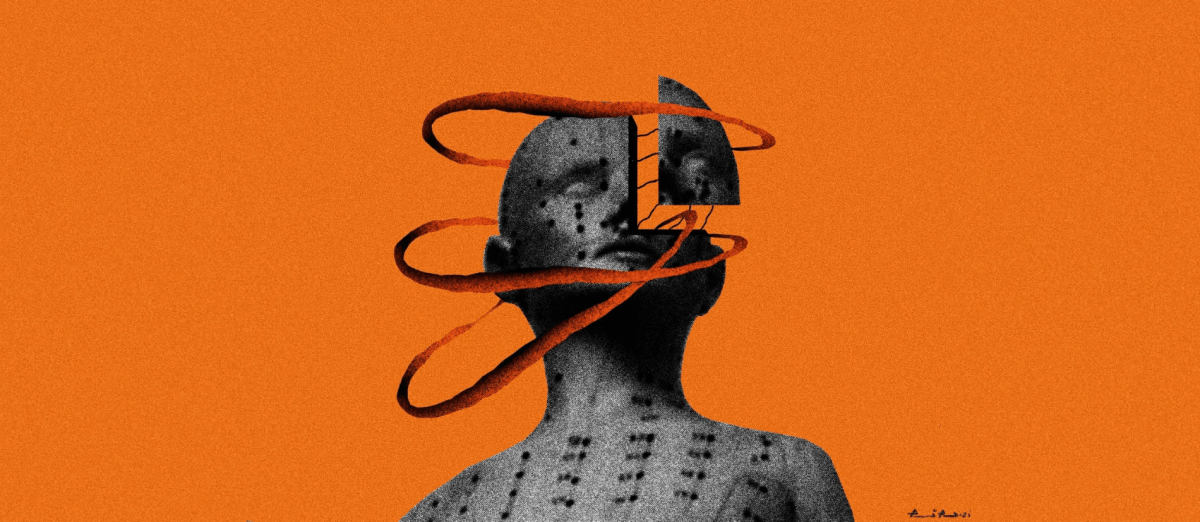
The Civil Rights Department (CRD)’s a lawsuit against Cisco Systems in the summer of 2020, alleging caste discrimination, is a landmark case. The Cisco caste discrimination case is historic not only because it is the first such case in the United States, but because it has triggered anxiety among Hindu supremacists who uphold and reinforce caste practices.
Additionally, it has empowered anti-caste activists in the U.S. For example, the Ambedkar King Study Circle collected over 1,000 signatures to demand an end to caste-based discrimination in the U.S which was sent to top corporate houses in the USA. We also organised and curated a landmark set of testimonies that attested to the prevalence of caste discrimination in the South Asian diaspora.
Case that led to introduction of anti-caste policies in educational institutions
This case has also led to the introduction of anti-caste policies in educational institutions and sparked proposed legislation at both the city and state levels. It led the companies to include caste in their anti-discrimination policy guides including Cisco and Apple. Most importantly, it has made Americans confront the reality of caste, bringing the topic into public discourse.
Since its filing, the case has seen several significant rulings and orders. In October 2016, a Dalit employee, John Doe, had his caste revealed by his manager to the team. When he raised concerns, he allegedly faced retaliation, including isolation, loss of responsibilities, and denial of promotion.
After nearly four years of internal and external investigations, the dispute remained unresolved, prompting the Department to file a complaint on his behalf in June 2020 in the United States District Court for the Northern District of California (a federal court), it was later refiled in the Superior Court of the State of California, County of Santa Clara (a state court) in October 2020.
Cisco Systems and two defendants, Sundar Iyer and Ramana Kompella, challenged the complaint, arguing in December 2020 that the California Civil Rights Department (CRD) could not initiate litigation and instead proposed arbitration directly with the victim. In February 2021, the court ruled in favor of the CRD, rejecting Cisco’s motion to compel arbitration.
The defendants appealed the ruling, but in August 2022, the appellate court upheld the lower court’s decision, maintaining the rejection of Cisco’s motion to compel arbitration.
This story was originally published in thewire.in. Read the full story here.






